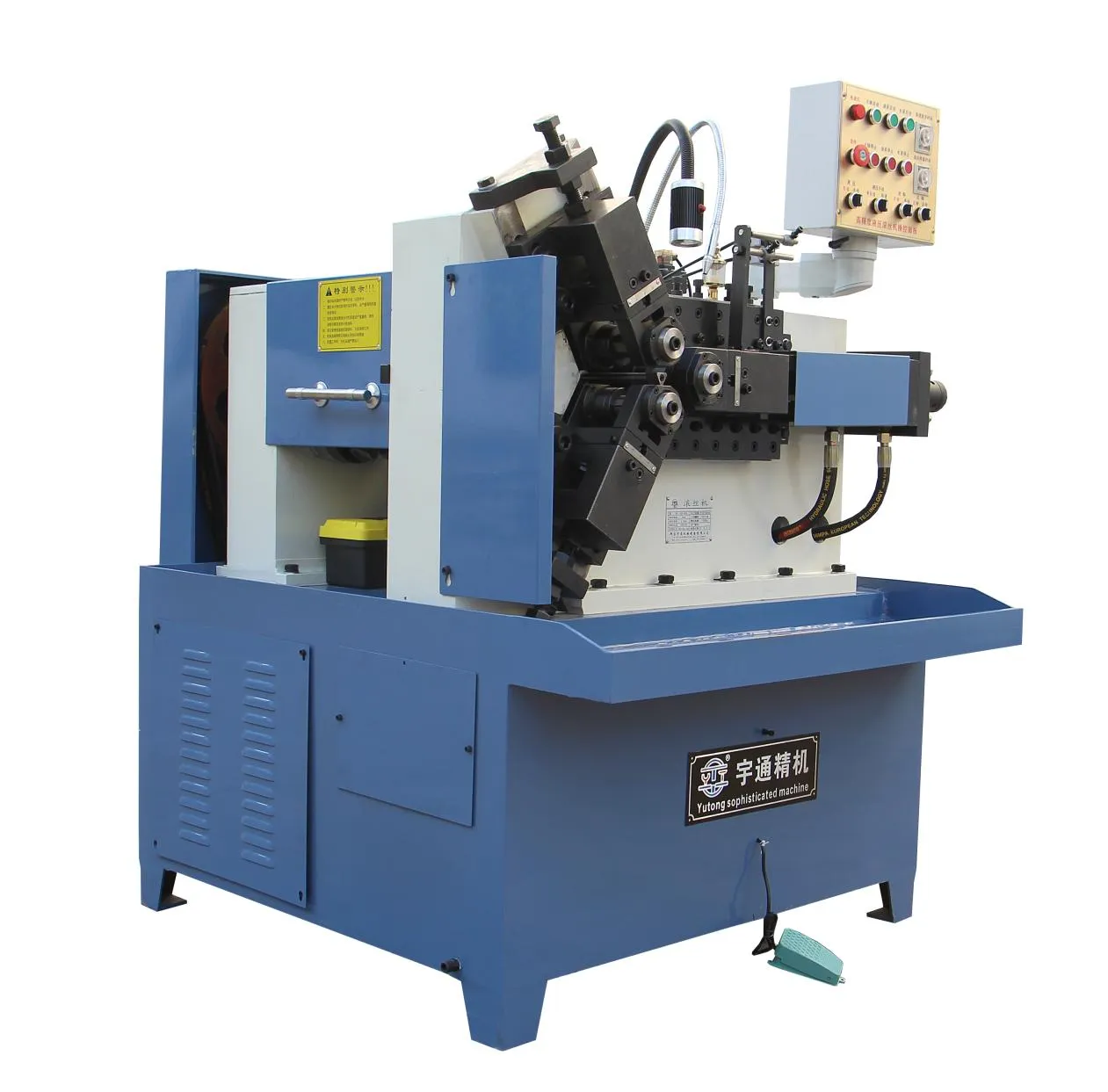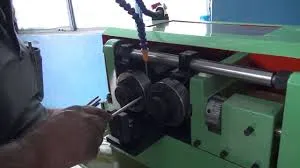
-
 Afrikaans
Afrikaans -
 Albanian
Albanian -
 Amharic
Amharic -
 Arabic
Arabic -
 Armenian
Armenian -
 Azerbaijani
Azerbaijani -
 Basque
Basque -
 Belarusian
Belarusian -
 Bengali
Bengali -
 Bosnian
Bosnian -
 Bulgarian
Bulgarian -
 Catalan
Catalan -
 Cebuano
Cebuano -
 Corsican
Corsican -
 Croatian
Croatian -
 Czech
Czech -
 Danish
Danish -
 Dutch
Dutch -
 English
English -
 Esperanto
Esperanto -
 Estonian
Estonian -
 Finnish
Finnish -
 French
French -
 Frisian
Frisian -
 Galician
Galician -
 Georgian
Georgian -
 German
German -
 Greek
Greek -
 Gujarati
Gujarati -
 Haitian Creole
Haitian Creole -
 hausa
hausa -
 hawaiian
hawaiian -
 Hebrew
Hebrew -
 Hindi
Hindi -
 Miao
Miao -
 Hungarian
Hungarian -
 Icelandic
Icelandic -
 igbo
igbo -
 Indonesian
Indonesian -
 irish
irish -
 Italian
Italian -
 Japanese
Japanese -
 Javanese
Javanese -
 Kannada
Kannada -
 kazakh
kazakh -
 Khmer
Khmer -
 Rwandese
Rwandese -
 Korean
Korean -
 Kurdish
Kurdish -
 Kyrgyz
Kyrgyz -
 Lao
Lao -
 Latin
Latin -
 Latvian
Latvian -
 Lithuanian
Lithuanian -
 Luxembourgish
Luxembourgish -
 Macedonian
Macedonian -
 Malgashi
Malgashi -
 Malay
Malay -
 Malayalam
Malayalam -
 Maltese
Maltese -
 Maori
Maori -
 Marathi
Marathi -
 Mongolian
Mongolian -
 Myanmar
Myanmar -
 Nepali
Nepali -
 Norwegian
Norwegian -
 Norwegian
Norwegian -
 Occitan
Occitan -
 Pashto
Pashto -
 Persian
Persian -
 Polish
Polish -
 Portuguese
Portuguese -
 Punjabi
Punjabi -
 Romanian
Romanian -
 Russian
Russian -
 Samoan
Samoan -
 Scottish Gaelic
Scottish Gaelic -
 Serbian
Serbian -
 Sesotho
Sesotho -
 Shona
Shona -
 Sindhi
Sindhi -
 Sinhala
Sinhala -
 Slovak
Slovak -
 Slovenian
Slovenian -
 Somali
Somali -
 Spanish
Spanish -
 Sundanese
Sundanese -
 Swahili
Swahili -
 Swedish
Swedish -
 Tagalog
Tagalog -
 Tajik
Tajik -
 Tamil
Tamil -
 Tatar
Tatar -
 Telugu
Telugu -
 Thai
Thai -
 Turkish
Turkish -
 Turkmen
Turkmen -
 Ukrainian
Ukrainian -
 Urdu
Urdu -
 Uighur
Uighur -
 Uzbek
Uzbek -
 Vietnamese
Vietnamese -
 Welsh
Welsh -
 Bantu
Bantu -
 Yiddish
Yiddish -
 Yoruba
Yoruba -
 Zulu
Zulu
Wholesale Automatic Thread Rolling Machine Reliable Automatic Thread Rolling Machine Company & Suppliers
- Introduction to Wholesale Automatic Thread Rolling Machine
- Technological Advantages and Industry Data
- Comparative Analysis of Leading Manufacturers
- Trending Customization and Tailor-Made Solutions
- Key Applications and Success Stories
- Considerations When Selecting a Supplier
- Conclusion: Choosing the Right Wholesale Automatic Thread Rolling Machine

(wholesale automatic thread rolling machine)
Introduction to Wholesale Automatic Thread Rolling Machine
The wholesale automatic thread rolling machine
stands as a crucial tool in the landscape of industrial manufacturing, ensuring precision, consistency, and elevated throughput in thread formation processes. As global demand for high-tensile, reliable threaded fasteners grows, manufacturers and engineers turn toward advanced automatic thread rolling solutions to address productivity demands. With growth projections in the manufacturing machinery sector estimated at a CAGR of 6.8% from 2021 to 2027, the value of advanced thread rolling machine integration cannot be overstated.
Automatic thread rolling machine company offerings have matured beyond simple mechanization. Today’s machines embody integrated automation, IoT compatibility, energy efficiency, and robust process control, all contributing to maximal consistency in thread geometry and tensile strength. Whether operating in the automotive, aerospace, or construction hardware sectors, these solutions prove indispensable for enterprises seeking consistent output and competitive advantage.
Technological Advantages and Industry Data
The evolution of thread rolling technology is marked by automated feeding systems, digital interface modules, and servo-driven components capable of remarkable precision. A recent industry study conducted by Machinery Insights indicates that facilities upgrading to modern automatic thread rolling machines experience an average production efficiency increase of 32% and a scrap reduction rate of 27%.
Leading suppliers, leveraging programmable logic controllers (PLCs) and backlash-free servo motors, are driving rapid cycle times and precision tolerances within ±0.01 mm. Innovations such as adaptive lubrication, real-time process monitoring, and rapid tool-change systems have further cut downtime and improved operational safety. When compared to legacy manual systems, the total cost of ownership for advanced automatic thread rolling equipment is up to 43% lower over a five-year period, balancing initial investment with lower maintenance and reduced labor costs.
The following table highlights essential data comparing legacy and modern thread rolling technologies:
| Feature | Manual Thread Rolling | Automatic Thread Rolling |
|---|---|---|
| Cycle Time per Workpiece | 45 seconds | 18 seconds |
| Scrap Rate | 5.9% | 1.4% |
| Maintenance Cost per Year | $4,200 | $2,300 |
| Consistent Thread Tolerance | ±0.08 mm | ±0.01 mm |
| Annual Output Capacity | ~210,000 pcs | ~470,000 pcs |
| Operator Requirement | Skilled, High | Low to Medium |
Comparative Analysis of Leading Manufacturers
Within the competitive market of automatic thread rolling machine company offerings, differentiation lies in innovation, price-to-value ratio, and post-sales support. The sector includes industry giants and specialized automatic thread rolling machine suppliers, each with their own technological fortes and service models. A direct comparison between three prominent suppliers—MachTech Global, RolloMatic Industries, and NovaThread Systems—underscores the market’s diversity.
| Company | Power Rating | Max Thread Diameter | Annual Production Volume | Warranty | Remote Diagnostic Support | Customization Options |
|---|---|---|---|---|---|---|
| MachTech Global | 9 kW | 32 mm | 520,000 | 3 years | Yes | High |
| RolloMatic Industries | 7.5 kW | 28 mm | 410,000 | 2 years | No | Medium |
| NovaThread Systems | 8.2 kW | 30 mm | 450,000 | 2 years | Yes | Very High |
Differences in maximum thread diameter, tool life expectancy, warranty periods, and the integration of remote diagnostics reflect growing user demands. Modern users are increasingly seeking hybrid solutions combining mechanical robustness with digital intelligence, such as predictive maintenance and smartphone-based status updates.
Trending Customization and Tailor-Made Solutions
As production demands shift toward specialized, high-performance fasteners, customization potential offered by leading automatic thread rolling machine suppliers becomes a key differentiator. Current trends include servo-controlled feed mechanisms, integrated parts inspection robotics, and modular bed systems adjustable for various part geometries.
More than 68% of surveyed industrial buyers indicate customizability as their top purchasing criterion, ahead of even cost or delivery speed. This demand has led suppliers to develop toolkit libraries, cloud-based software for job preset uploads, and on-site retrofitting services. The alignment of technical support availability with customizable system architectures allows for reduced downtime and enhanced OEE (Overall Equipment Effectiveness).
Advanced solutions now routinely offer API integration for real-time MES (Manufacturing Execution System) connectivity, allowing floor supervisors to tweak processes or conduct remote troubleshooting. Whether requiring specific thread pitches, high-resistance materials, or low-footprint machines for urban plants, suppliers are readily tailoring their units.
Key Applications and Success Stories
The utility of the automatic thread rolling machine extends into core industries from automotive manufacturing to energy infrastructure. For example, a German automaker reported a 25% drop in fastener failure rates after adopting digitally-controlled thread rolling technology, while a leading construction hardware distributor scaled annual capacity by 2.2 times with a coordinated fleet of high-output thread forming machines.
Case Study Highlights:
- Aerospace: Strict regulatory requirements drove one aviation fastener plant to install servo-precision automatic thread rolling technology, resulting in a certification audit compliance jump from 92% to 99.6% within 12 months.
- Construction: A precast anchor bolt manufacturer in North America reduced part handling labor by 40% and overhead by 17% via automation-integrated lines delivered by their chosen automatic thread rolling machine company.
- Consumer Electronics: With micro-fastener requirements, a leading electronics OEM used custom rolling dies and adaptive torque monitoring units, leading to a 34% decrease in parts rejection rates.
Application Output Comparison:
| Industry | Annual Output (pcs) | Yield Improvement After Automation |
|---|---|---|
| Automotive | 1,800,000 | +31% |
| Construction | 750,000 | +24% |
| Aerospace Fasteners | 220,000 | +41% |
| Medical Implants | 105,000 | +39% |
Considerations When Selecting a Supplier
Evaluating automatic thread rolling machine suppliers involves a multidimensional approach that balances technical compatibility, after-sales support, global logistics, and price-performance metrics. Key criteria include the provider’s engineering credentials, transparency in parts warranties, integration support, and their history with similar industry applications.
- Assess supplier financing options for capital expenditure relief.
- Review feedback on post-installation technical response times and spare part logistics.
- Verify that the company offers software update roadmaps and production analytics add-ons.
- Ensure training modules are robust, and remote assistance is available.
- Investigate the supplier’s capacity for on-site upgrades and international certifications (e.g., CE, ISO).
A systematic supplier analysis considers not just the technical envelope, but also capabilities in system integration, warranty fulfilment, and end-user localization. Strategic partnerships with knowledgeable suppliers ultimately drive long-term manufacturing success and risk mitigation.
Conclusion: Choosing the Right Wholesale Automatic Thread Rolling Machine
Selecting the best-fit wholesale automatic thread rolling machine necessitates a thorough evaluation of output capacity, precision parameters, support offerings, and adaptability to future technological trends. The current landscape, shaped by automation and digital innovation, rewards those who align their investments with partners emphasizing both operational reliability and customization flexibility. In the drive for heightened efficiency and quality, the right machine—and supplier—become indispensable assets for forward-thinking manufacturers.
With data-backed process advantages, an expanding field of application-driven case studies, and a clear trajectory toward smarter automation, it is unequivocal that the next generation of thread rolling solutions will dictate the pace of industrial output and quality for years to come.

(wholesale automatic thread rolling machine)
